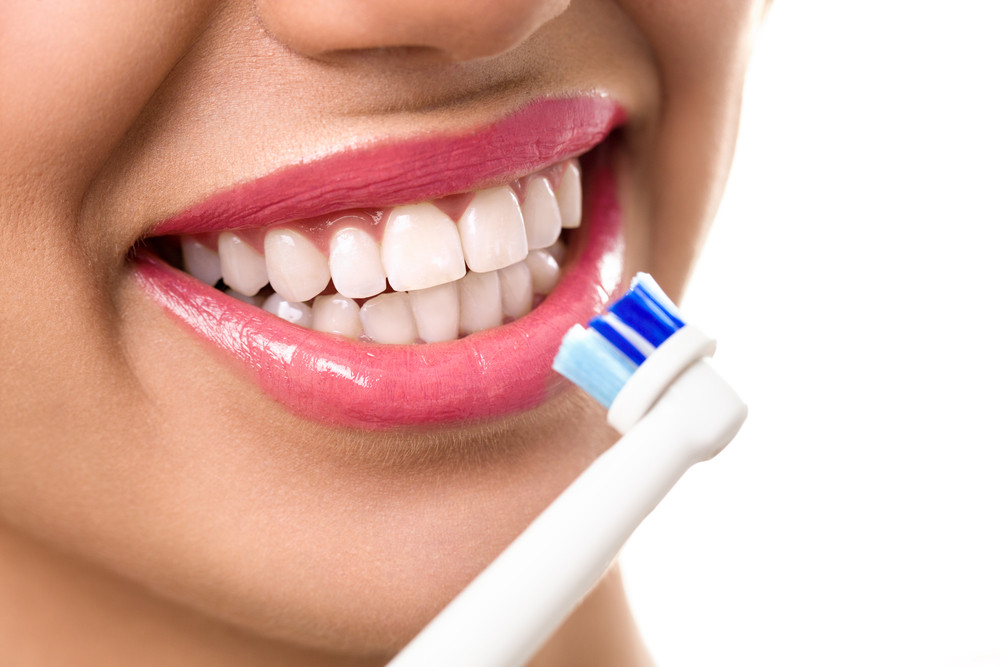Future benefits of water fluoridation not guaranteed, study shows

Existing drinking water fluoridation programmes in England still provide marginal savings for the NHS, but there is no guarantee new schemes would continue to do so, a new study led by University of Manchester researchers finds.
It is the largest ever study of the effects of water fluoridation on the dental health of adults.
The National Institute for Health and Care Research funded data study of 6.4 million UK adults and adolescents across England and published in Community Dentistry and Oral Epidemiology estimated the public sector saved £16.9 Million between 2010 and 2020 as a result of water fluoridation.
People receiving optimally fluoridated water in the study experienced a 3% reduction in NHS invasive dental treatments such as fillings and extractions, and a 2% reduction in the numbers decayed, missing, and filled teeth, when compared to the non-optimally fluoridated cohort over 10 years.
The research team found no compelling evidence that water fluoridation reduced social inequalities in dental health and the numbers of missing teeth between the cohorts were the same.
Around six million people in England live in areas that receive drinking water with fluoride added to prevent tooth decay, including those in Birmingham and Newcastle. Water containing enough fluoride to prevent tooth decay is known as ‘’optimally fluoridated’’.
Most research on the benefits of water fluoridation was carried out before fluoride was added to toothpastes in the 1970s, and only included children, showing water fluoridation had a large impact on dental health – almost halving levels of tooth decay.
New research was needed to investigate the dental health benefits in people who have access to fluoride in toothpastes. More people now keep their teeth into old age, so understanding the benefits for adults was also a priority.
Over the 10-year period studied, optimal water fluoridation cost £10.30 per person. NHS treatment costs were £22.26 lower per person (5.5%) and patients paid £7.64 less (2%) in dental charges.
Using the data, the researchers estimate if 62% of the adults and teenagers in England attended NHS dental services at least twice within 10 years, the total return on investment would have been £16.9 Million between 2010 and 2020.
The findings echo the recently published NIHR CATFISH prospective cohort study in UK children which showed smaller than expected health benefits of water fluoridation in children.
Lead author Dr Deborah Moore, an honorary lecturer at The University of Manchester, said: “This study is the first in the UK to capture health and economic effects of water fluoridation on adults with widespread access to fluorides in toothpastes, mouthwashes and dentist-applied varnishes.
“The patients who received optimal water fluoridation had very small positive health effects.
“But as the costs of NHS dentistry are much higher than the costs of water fluoridation, the relatively small observed reductions in visits to the dentist still resulted in a positive return for the public sector.
“This return should be evaluated against the projected costs and lifespan of any proposed capital investment in water fluoridation, including new programmes.”
The capital costs of setting up a new scheme covering a similar number of people in 2009 have been estimated at around £50 million in today’s prices; which would take 30 years to recover in NHS dental treatment savings.
Cost-recovery for new schemes, say the researchers, may not be guaranteed in future generations, as children’s teeth are in much better condition than their parents, and they may not need as much dental treatment as they reach adulthood.


